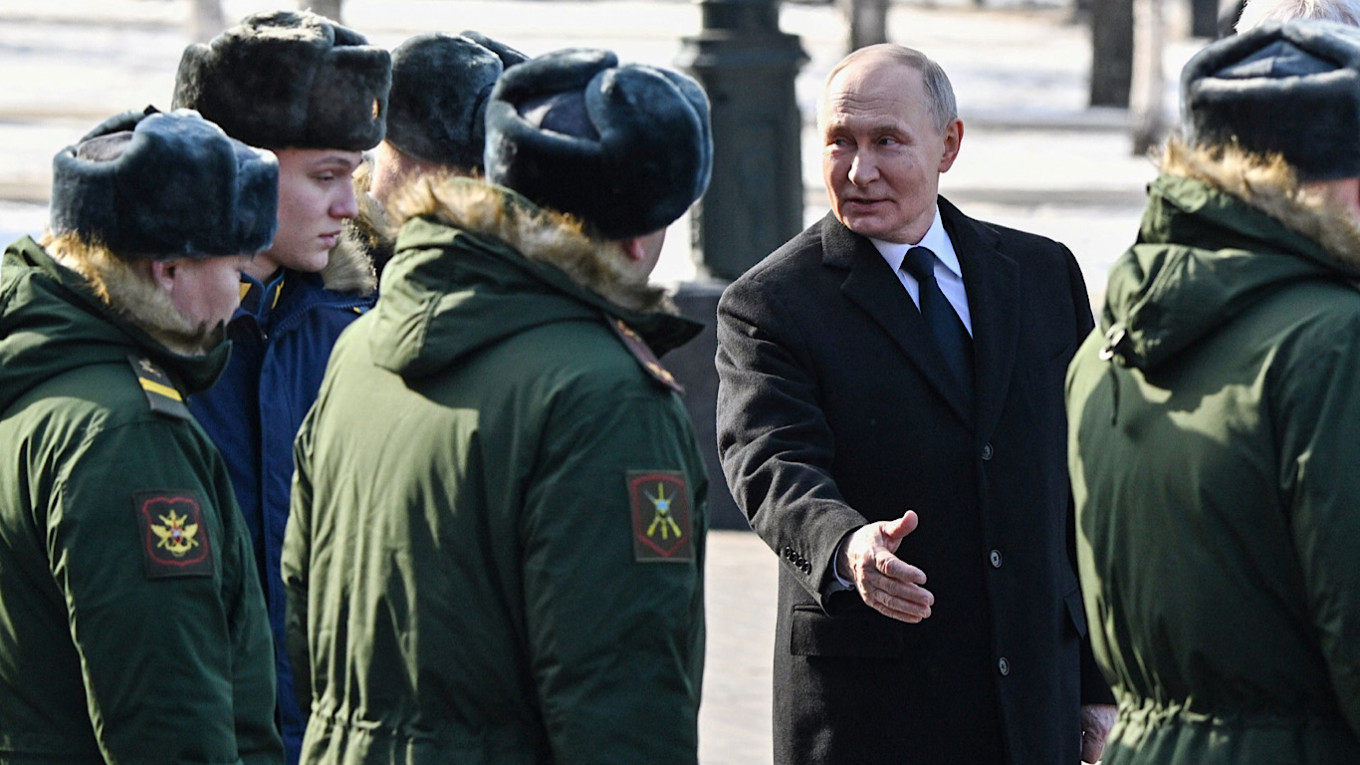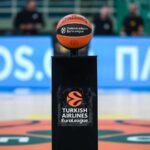Russian officials, including President Vladimir Putin, are becoming increasingly concerned about the potential societal impact of a significant influx of soldiers returning from the conflict in Ukraine, as reported by Reuters on Tuesday, citing sources within the Kremlin.
Moscow authorities are keen to prevent a repeat of the unrest seen following the Soviet-Afghan war, during which returning veterans contributed to a rise in organized crime in the 1990s, according to one insider. Another source emphasized that Russia’s political framework and law enforcement are “more robust” now compared to 1989, just before the end of the Afghan war and the eventual Soviet collapse.
Nevertheless, many veterans returning to civilian life may struggle to attain the high incomes they received while serving, which could heighten feelings of dissatisfaction, as noted by one Kremlin source.
Since 2022, recruitment efforts have been intensified, with sign-on bonuses increased and a significant reliance on individuals from prisons.
According to data from the prison service, between 120,000 and 180,000 inmates have been sent to the front lines. The majority of those coming back now are either former convicts, severely injured soldiers, or individuals deemed unfit for combat.
Putin has reported that around 700,000 Russian troops are still stationed in Ukraine.
In 2023, the Russian Defense Ministry modified regulations that permitted convicts to return from service after six months, stating that they should not receive more favorable conditions than volunteers. Nonetheless, a major concern for the future remains that these former prisoners, after reintegrating into civilian life, might engage in criminal activities.
Earlier this year, the exiled news outlet Vyorstka reported that Russian soldiers had killed nearly 400 individuals upon their return home since the onset of the conflict.
In light of these reports, some lawmakers are calling for the government to expand training programs for therapists to address combat-related PTSD.
The Russian Defense Ministry estimates that one in five veterans from the war experiences PTSD, according to Sardana Avksentyeva, a deputy leader of the New People party. Meanwhile, it is estimated that Russia has fewer than one therapist for every 7,000 adults, with even fewer who specialize in treating combat-related trauma.
To mitigate potential risks to Russia’s tightly controlled political environment, the Kremlin has launched the “Time of Heroes” elite training initiative, which aims to fast-track veterans of the Ukraine war into governmental positions.
While it remains uncertain whether this initiative can fulfill its ambitious promises, four veterans have already been appointed to the presidential administration, three have secured seats in the Federation Council, and several others have taken positions in various regional administrations since the invasion in 2022.

